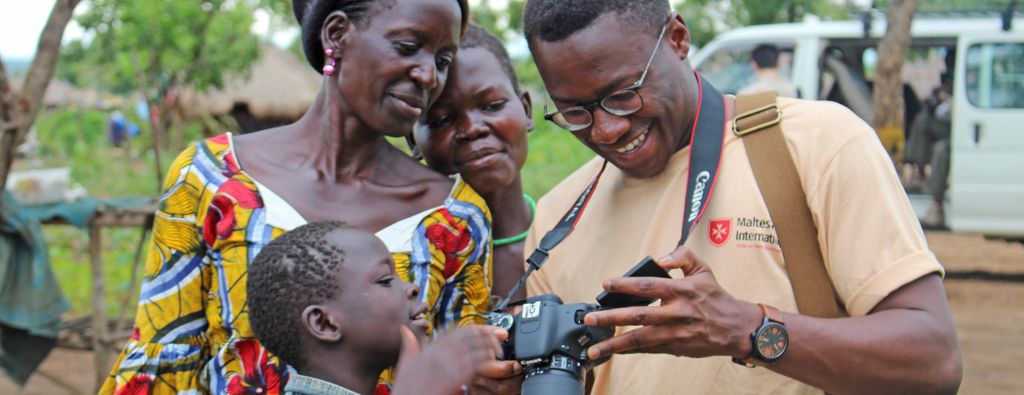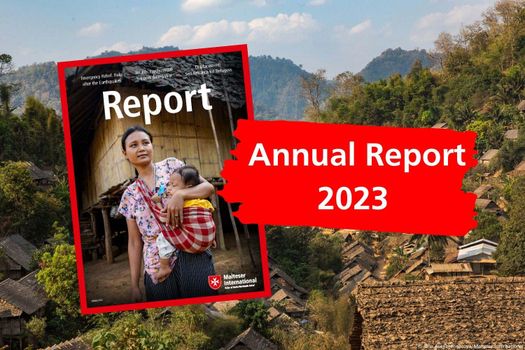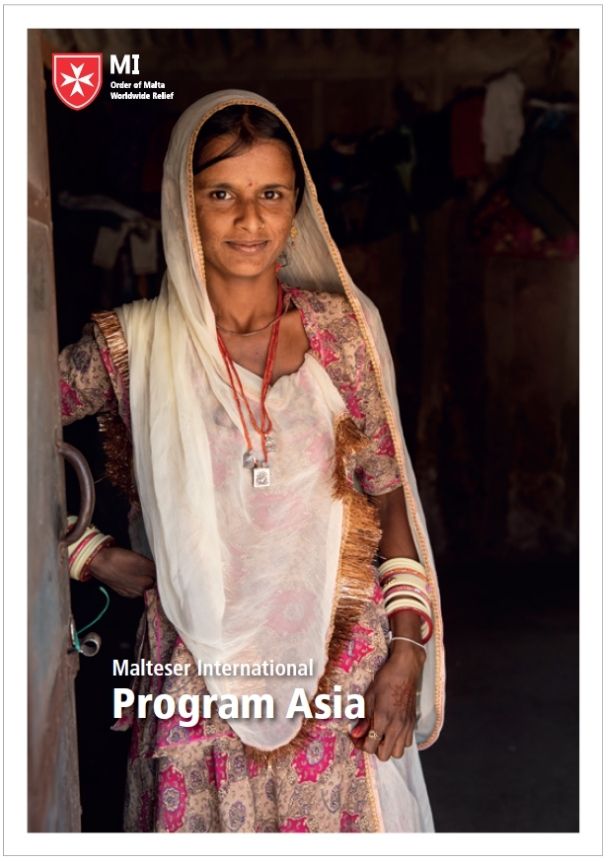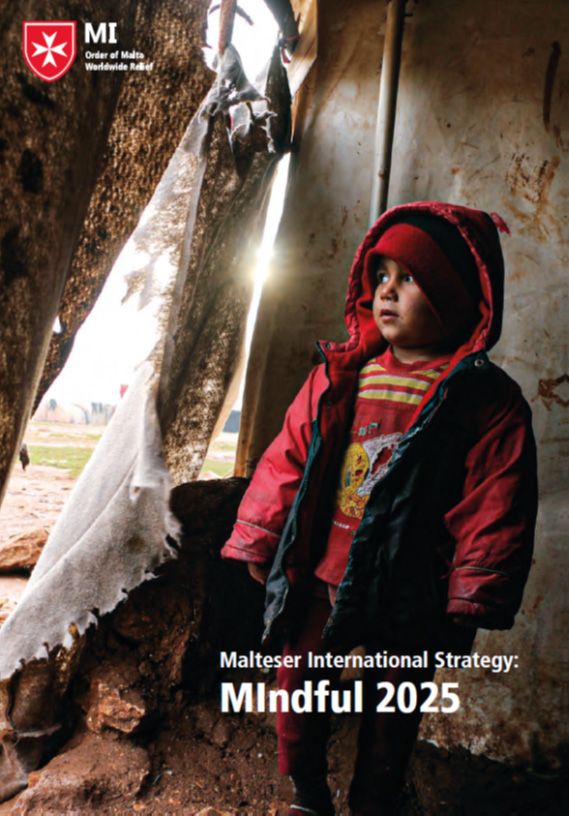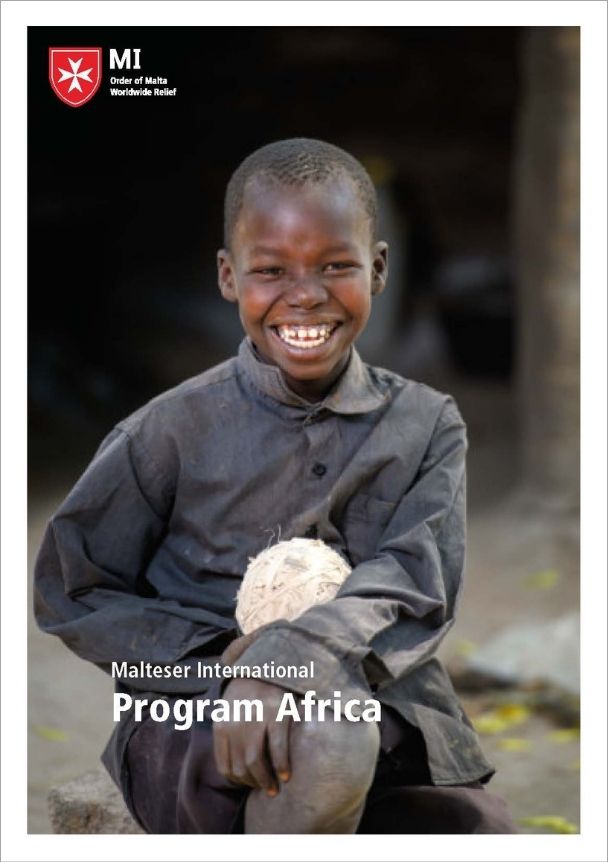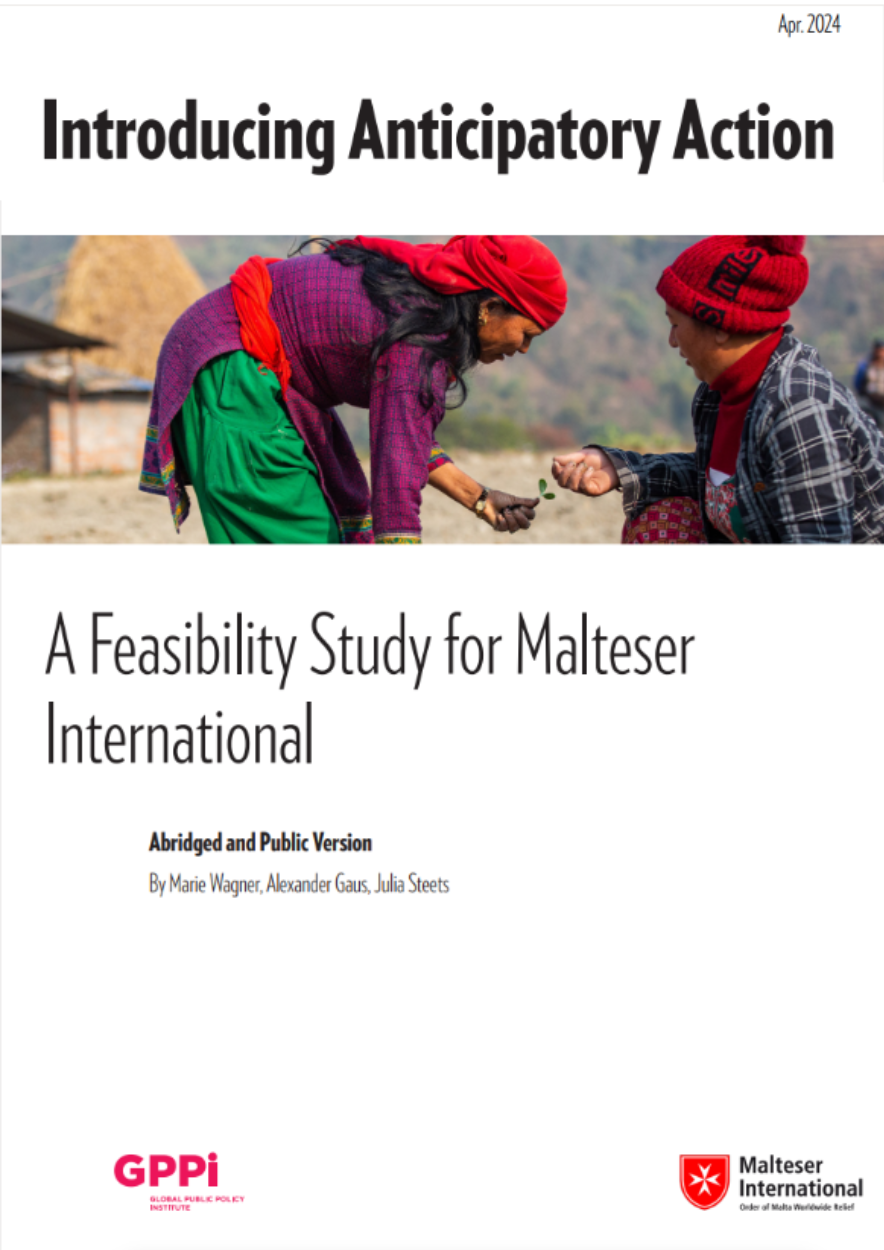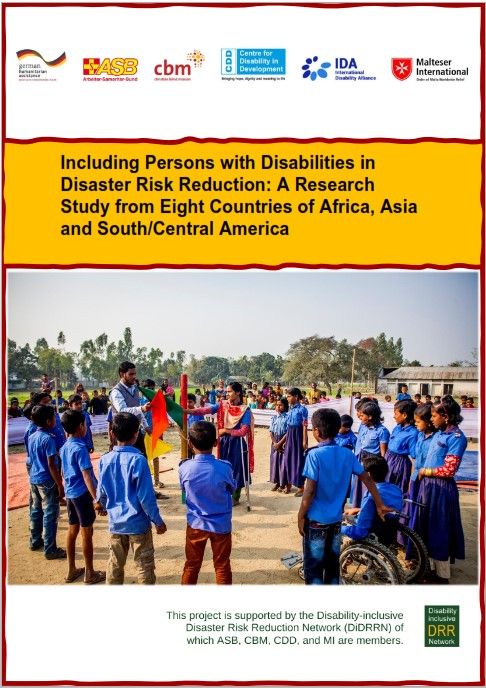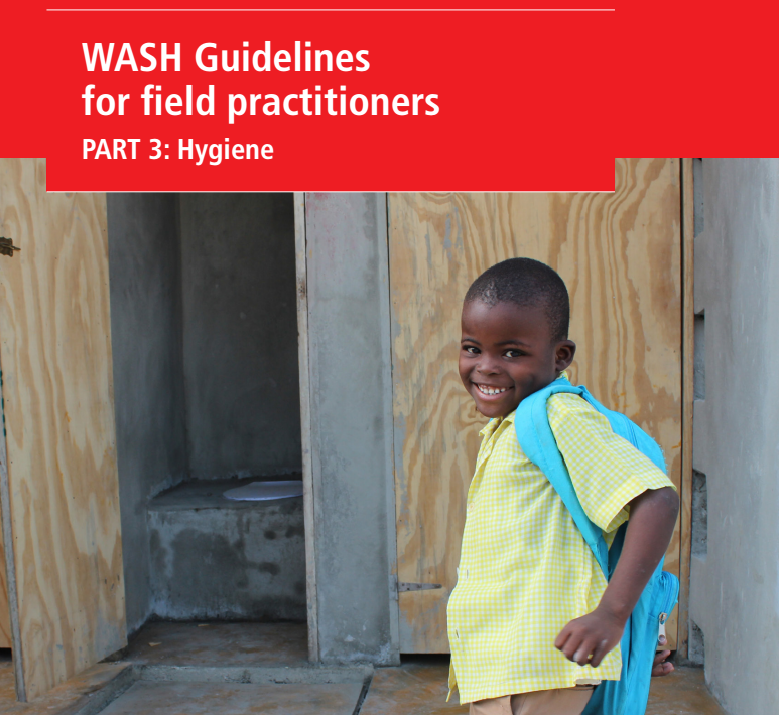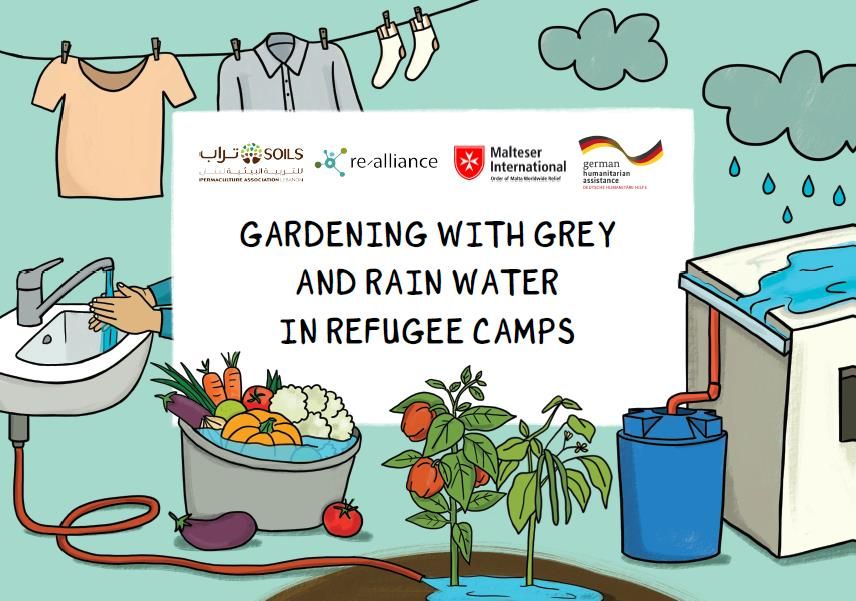In 2023, we started an exploration into Anticipatory Action, commissioning the Global Public Policy Institute (GPPi) to conduct a study to determine the feasibility of integrating Anticipatory Action into our humanitarian work.
Anticipatory Action refers to proactive measures taken in anticipation of crises or disasters, aiming to reduce risks, mitigate impacts, and enhance resilience before a disaster or crisis occurs. This approach involves early warning systems and direct interventions aimed at addressing vulnerabilities and strengthening community capacities to cope with upcoming emergencies and future challenges. Anticipatory Action contrasts with traditional reactive approaches, which respond to crises after they have already occurred.
After extensive research and analysis that covered talks with national representatives of civil proction services, local and international partners, experts and researchers on the topic, the study reveals key insights into opportunities, challenges, and pathways for integration of anticipatory action at Malteser International's global programs, confirming Anticipatory Action as a practical strategy, in line with our vision, mission and strategic goals. By contributing to existing Anticipatory Action frameworks and leveraging existing networks, we can maximize impacts and minimize risks. Lessons learned from Anticipatory Action efforts in Bangladesh, Kenya, Pakistan, and Uganda have the potential to aid Malteser International in its pilot projects or project adaptations globally. We are convinced that the study's findings will benefit other organizations seeking to implement Anticipatory Action.
Contact: Rebekka Goeke, rebekka.goeke(at)malteser-international.org

